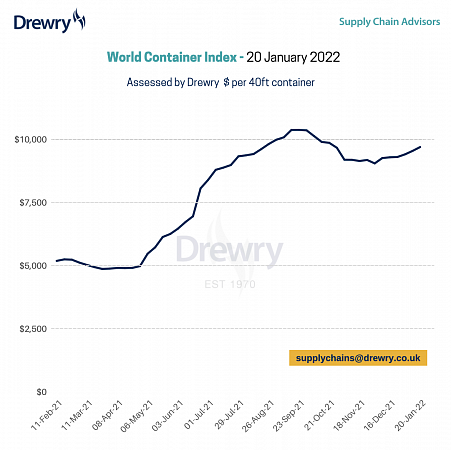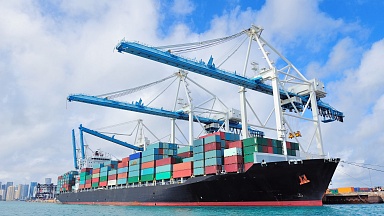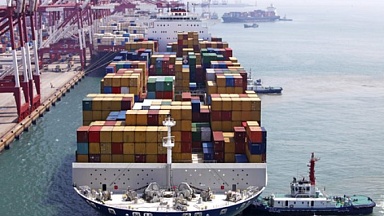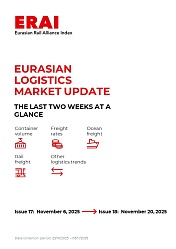Our detailed assessment for Thursday, 20 January 2022
- The composite index increased by 1.6% this week, and, remains 82% higher than a year ago.
- The average composite index of the WCI, assessed by Drewry for year-to-date, is $9,551 per 40ft container, which is $6,656 higher than the five-year average of $2,895 per 40ft container.
- Drewry’s World Container Index composite index increased 1.6% to $9,698.33 per 40ft container, and is 82% higher than the same week in 2021. Spot rates on transpacific lanes have steadily been increasing for the 7th consecutive week. Freight rates from Shanghai — Los Angeles gained 5% or $576 to reach $11,197 and rates from Shanghai — New York surged 2% or $216 to reach $13,987 per 40ft container. Similarly, rates from Rotterdam — New York rose 1% to $6,292 per feu. However, rates from Rotterdam — Shanghai dropped 5% to $1,452 per 40ft box. Rates from Los Angeles — Shanghai fell 2% to reach $1,262 per feu. Rates on Shanghai — Rotterdam, Shanghai — Genoa and New York — Rotterdam hovered around previous weeks level. Drewry expects rates to climb higher in the coming week.




